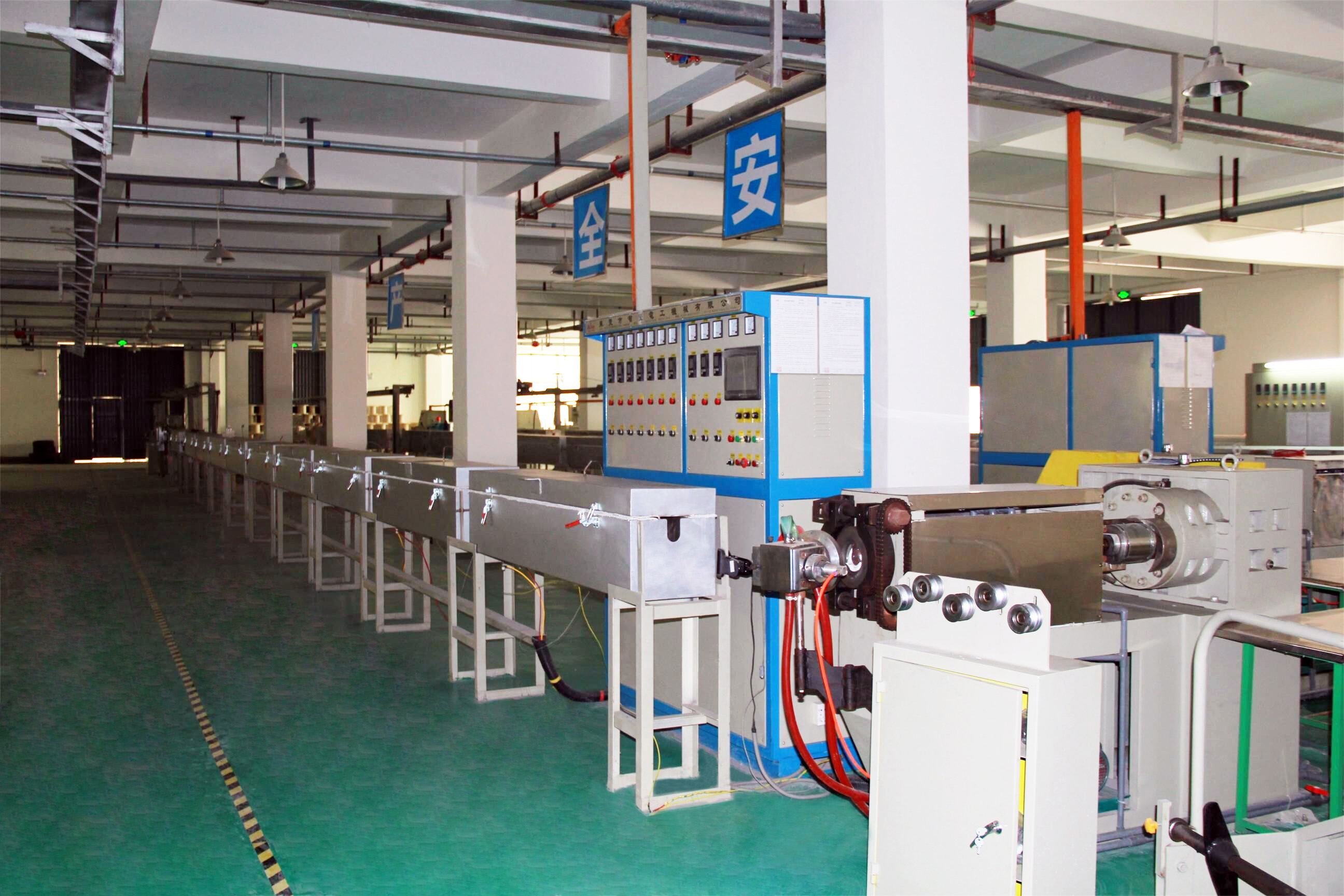A Comprehensive Guide to Selecting and Maintaining Extruder Screw Materials Extruder screws play a crucial role in the plastic extrusion process. Choosing the right screw material and properly maintaining it is essential for ensuring efficient production and prolonging the lifespan of the extruder. In this guide,we will provide a detailed overview of extruder screw material selection and maintenance practices.
Extruder screws play a crucial role in the plastic extrusion process. Choosing the right screw material and properly maintaining it is essential for ensuring efficient production and prolonging the lifespan of the extruder. In this guide,we will provide a detailed overview of extruder screw material selection and maintenance practices.
1. Importance of Screw Material SelectionThe selection of the appropriate screw material is vital for achieving optimal performance and quality in the extrusion process. Some factors to consider when choosing the screw material include:
Material Compatibility: The screw material should be compatible with the type of plastic being processed to avoid chemical reactions or material degradation. Wear Resistance: The screw material should possess high wear resistance to withstand the abrasive nature of certain plastics. Corrosion Resistance: If processing corrosive materials,selecting a screw material with excellent corrosion resistance is crucial to prevent damage and maintain longevity. Heat Resistance: The screw material should have sufficient heat resistance to withstand the elevated temperatures involved in the extrusion process.2. Commonly Used Screw MaterialsVarious screw materials are utilized in different extrusion applications. Here are some commonly used screw materials:
Carbon Steel: Carbon steel screws are cost-effective and provide good wear resistance. However,they are prone to corrosion and not suitable for processing corrosive materials. Stainless Steel: Stainless steel screws offer excellent corrosion resistance and are suitable for processing both non-corrosive and corrosive materials. However,they have lower wear resistance than other materials. Nitrided Steel: Nitrided steel screws are surface-treated to enhance wear resistance and corrosion resistance. They are widely used for processing engineering plastics. Tool Steel: Tool steel screws provide superior wear resistance and are commonly used for processing highly abrasive materials. Tungsten Carbide-Coated: Tungsten carbide-coated screws offer exceptional wear resistance and are ideal for processing highly abrasive and corrosive materials.3. Maintenance Practices for Extruder ScrewsRegular maintenance is essential to ensure proper functioning and extend the lifespan of extruder screws. Here are some maintenance practices to follow:
Cleaning: Regularly clean the screws to remove any residue or buildup that may affect performance. Inspection: Periodically inspect the screws for signs of wear,damage,or corrosion. Replace any damaged components promptly. Lubrication: Proper lubrication minimizes friction and reduces wear. Follow the manufacturer‘s recommendations for lubrication intervals and suitable lubricants. Temperature Control: Maintain proper temperature control during the extrusion process to prevent overheating and potential damage to the screw. ConclusionSelecting the right screw material for your extrusion process and implementing proper maintenance practices are crucial for optimizing performance,ensuring product quality,and prolonging the lifespan of the extruder screw. By considering factors like material compatibility,wear resistance,corrosion resistance,and heat resistance,you can make an informed decision on the most suitable screw material. Additionally,regular cleaning,inspection,lubrication,and temperature control will contribute to the longevity and efficient operation of your extruder.

